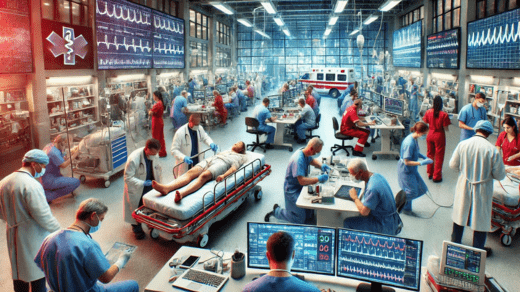Clinical trials are always challenging to conduct, but when the trial is meant for emergency medicines, the researchers face some out-of-this-world challenges. Be it the trial for emergency medicine or in an emergency like a pandemic, it’s a tough task for the researchers.
We’ve seen numerous clinical trials in the COVID-19 Pandemic and that’s how we got the working vaccines for the pandemic. If you are curious about the ways researchers conduct clinical trials for such emergency medicines or situations, then you will find every bit of information in this blog post.
#1 – Understanding the Requirements
Just like any other trial, emergencies require a briefing about the trial’s requirements. With the requirements briefing taken in a fast-track manner, the researchers can start working on the actual trial. This part is very important, as it helps them create the blueprints, guidelines, informed consent, and many other legal and technical documents.
Once everything is planned, the researchers start recruiting the participants. In emergencies, they reach out to the local doctors to find eligible participants. Once they are found, the researchers obtain informed consent from them and start the actual trial process.
Related Posts:
● FDA and Big Pharma Discuss Updates on Decentralized Clinical Trials
● Unlearn’s AI-Powered Clinical Trials with AbbVie and Johnson & Johnson
● New Study: Alzheimer’s Progression Explored with Revolutionary Cell Platform
The actual trial is conducted in phases. There are approximately four phases of the trials and each one plays a different role. The researchers conduct all of these trials with utmost perfection and speed. The data is collected and analysed to generate the research.
Due to an emergency or a severe public need for medicine, the regulatory authorities take less time than usual to analyse all the data, make informed decisions, and provide interim approval to test the medicine in public. Once the public trial is complete, the medicine or treatment receives the final approval, and it can be made available to the public.
The emergency needs in the medicine industry are very important and that’s why the emergency clinical trials are fast track. With the quick steps and support from the regulatory authorities, it becomes easier to conduct the trials and get the medicine or treatment made available to the public within a few months. In this post, we tried our best to explain everything about the emergency clinical trials.



